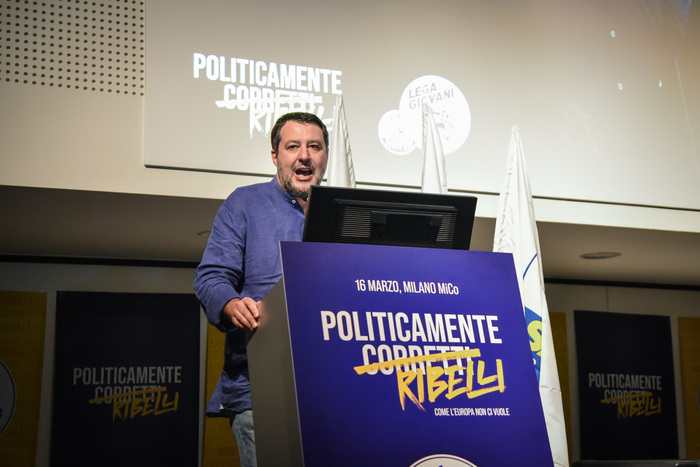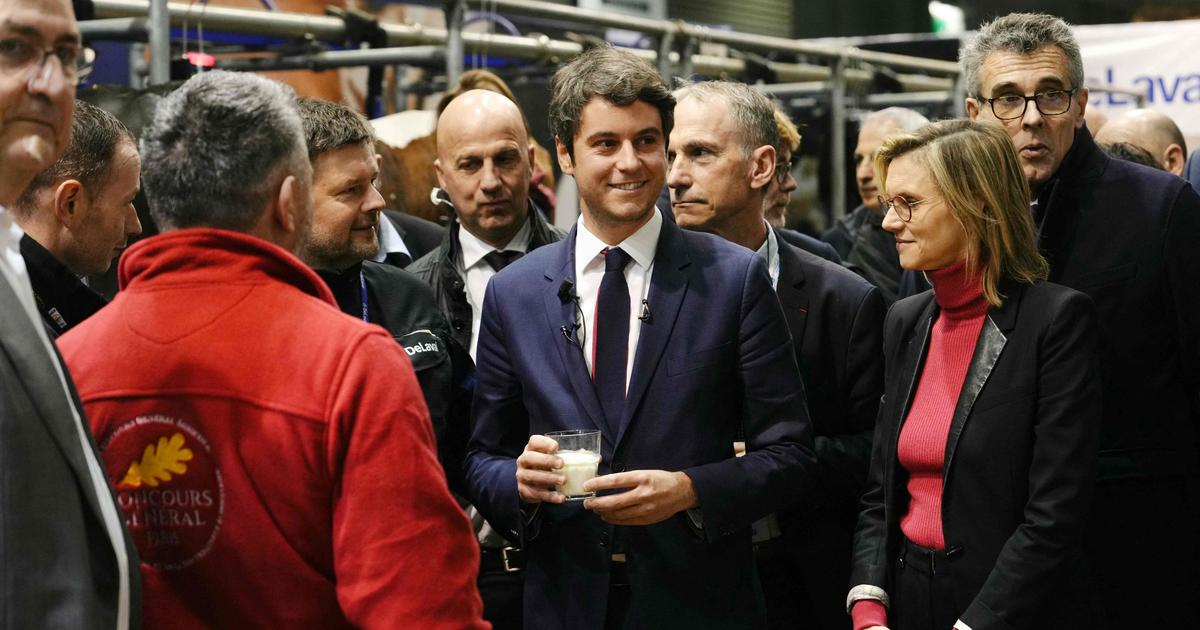What are each of the candidates saying exactly?
In an interview with Point, Emmanuel Macron regretted that the five-year term was "
probably too short for a presidential time in France
".
“
Failing to breathe democracy for five years is no longer appropriate for our times
,” he added.
“A seven-year term with mid-terms would, for example, better separate the government executive from the presidential executive.
»
To discover
LIVE - Presidential election: follow the start of the second round campaign
Presidential 2022: find here the result of the first round of the election
Second round: compare the programs of Macron and Le Pen
Marine Le Pen, for her part, defended during a trip to Vernon "
a non-renewable seven-year term
", which
"will restore the prestige of the presidential office and the president's capacity for long-term action"
.
Read alsoPresidential debate: how Marine Le Pen is preparing for the return match
What should be done to set up a seven-year term?
To replace the five-year term with a seven-year term, the constitution would have to be revised.
The only article providing for a constitutional revision is article 89. But it involves a cumbersome procedure that includes the approval of both chambers.
A first filter provides in all cases that the text of the revision be voted
“by the two assemblies in identical terms”
.
Unlike an ordinary law, the vote of the National Assembly does not prevail over that of the Senate.
In a second step, two possibilities exist: the revision can either be approved by referendum, or be the subject of a vote of the Congress (the meeting of the two chambers of Parliament) which can only approve it if it meets
" a majority of three-fifths of the votes cast'.
Concretely, what would be the timetable for such a change?
By the time the proposal of the two candidates is adopted and the constitution modified, the proposal cannot be put in place for the next five years, as Emmanuel Macron explained on France 2 on Wednesday morning:
"I say that the seven-year term seemed to me a good option but it will not be worth anyway for the mandate which comes from evidence.
Before adding
: "We do not change rules during the game."
In other words, the next seven-year term would be valid after the presidential election of 2027, in five years.
Can the seven-year term be renewed?
The two candidates disagree on the renewable nature of the seven-year term.
For Emmanuel Macron, the outgoing president will be able to stand again at the end of his term.
Marine Le Pen, on the other hand, spoke out in favor of a non-renewable seven-year term which will free the president from a
“permanent electoral campaign obligation.”
What about this idea of
"
midterms
"
and what could it look like?
The idea of American
-style "mid-terms" or
"mid-term elections" was mentioned by Emmanuel Macron to give
"democratic breath"
to half of the term.
It would obviously be legislative elections organized after three and a half years of presidency, with the aim of relaunching the mandate to support government action or, on the contrary, to sanction it.
What would this reform change politically?
In itself, the seven-year term above all allows leaders to have more time to reform.
But the introduction of "mid-terms" that would probably come with it would limit its role by upsetting the electoral calendar as we have known it since its inversion in 2002. The fact of holding the presidential elections the same year and in this order has resulted in a systematic match between the president's party and the majority party in the National Assembly.
Establishing a seven-year term with mid-terms could put an end to this synchronization between the Head of State, the government and the National Assembly, by re-establishing the principle of cohabitation.
Depending on the results of these elections, the Prime Minister could therefore be a member of the opposition, which would give more weight to the National Assembly,
SEE ALSO
– Presidential 2022: Marine Le Pen pleads for the establishment of the proportional ballot and the restoration of the seven-year term















